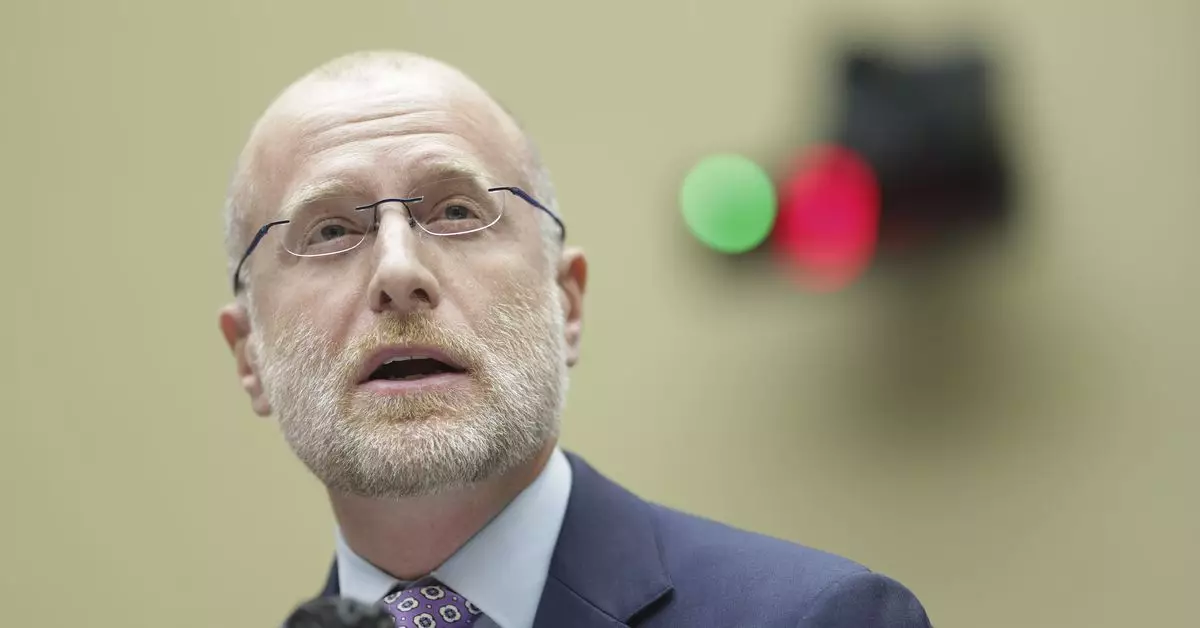Brendan Carr’s ascension to the role of chairman of the Federal Communications Commission (FCC) marks a significant turning point in the body’s regulatory approach towards digital communication and social media. Since becoming a commissioner in 2017, Carr’s rhetoric and policy proposals have suggested a concerted effort to reshape the landscape of online speech, taking a particularly assertive stance on content moderation practices employed by technology companies. His controversial views indicate a willingness to invoke the power of the FCC in ways that could realign the agency’s authority concerning freedom of expression in the digital age.
A Shift in Regulatory Focus
One of Carr’s most notable initiatives is connected to Project 2025, a framework aimed at addressing perceived biases against conservative viewpoints across media platforms. His recommendations for the FCC include suggestions to restrict the sweeping immunity granted to internet platforms under Section 230 of the Communications Decency Act. This proposal raises alarms about potential government overreach and invites a debate surrounding the balance between fostering open discourse and regulating what some might consider harmful or biased content.
Carr has been vocal about his willingness to leverage the FCC’s resources against companies he believes are suppressing conservative speech. This includes actions that might punish organizations for their editorial decisions—a threat exemplified when he contemplated revoking NBC’s broadcasting license following a politically charged episode of Saturday Night Live featuring Vice President Kamala Harris. This provides a chilling glimpse into how regulatory power might be used not just to ensure fair access to information, but to enforce a particular narrative.
Carr’s tenure has also been marked by his advocacy against net neutrality—an essential principle that prevents internet service providers from favoring certain websites or services over others. His vote to repeal existing net neutrality regulations in 2017 signaled a departure from protecting equal access to online content. Furthermore, later attempts to restore these rules were met with his opposition, suggesting a consistent opposition to policies designed to protect consumer interests and ensure equitable internet access.
Critics argue that Carr’s approach could lead to a fragmented online environment where the ability for diverse and dissenting voices to be heard is compromised. The implications of his regulatory strategies stretch beyond immediate political considerations; they raise fundamental questions about the integrity of the internet as a democratic space.
As Carr potentially leads the FCC, stakeholders in various sectors—ranging from tech companies to civil rights organizations—should prepare for an era defined by stricter oversight and possible interventions in how digital platforms operate. The uncertainty surrounding the future of digital speech law is palpable, as Carr prepares to navigate the delicate balance between fostering a diverse online community and implementing measures that might constrict free expression.
Brendan Carr’s vision for the FCC suggests a willingness to embrace a more prescriptive regulatory posture. As the agency readies itself for these impending changes, its decisions will have far-reaching implications for consumers, tech companies, and the very fabric of online discourse, setting the stage for a contentious battle over the future of communication in America.

